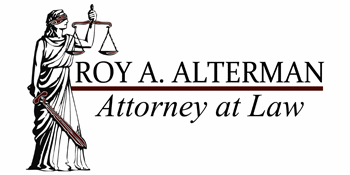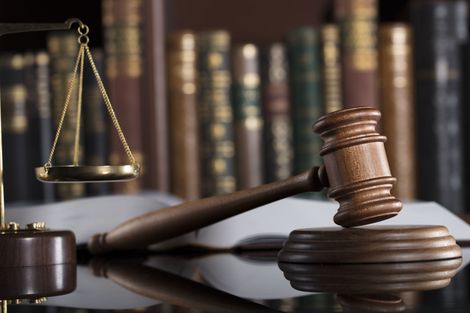Power of Attorney
Power Of Attorney
What Is Durable Power Of Attorney?
A durable power of attorney simply means that the document stays in effect if you become incapacitated and unable to handle matters on your own.
There are four main types of powers of attorney.
- Limited. A limited power of attorney gives someone else the power to act in your stead for a very limited purpose. For example, a limited power of attorney could give someone the right to sign a deed to property for you on a day when you are out of town. It usually ends at a time specified in the document.
- General. A general power of attorney is comprehensive and gives your attorney-in-fact all the powers and rights that you have yourself. For example, a general power of attorney may give your attorney-in-fact the right to sign documents for you, pay your bills, and conduct financial transactions on your behalf. You could use a general power of attorney if you were not incapacitated, but still needed someone to help you with financial matters. A general power of attorney ends on your death or incapacitation unless you rescind it before then.
- Durable. A durable power of attorney can be general or limited in scope, but it remains in effect after you become incapacitated. Without a durable power of attorney, if you become incapacitated, no one can represent you unless a court appoints a conservator or guardian. A durable power of attorney will remain in effect until your death unless you rescind it while you are not incapacitated.
- Springing. Like a durable power of attorney, a springing power of attorney can allow your attorney-in-fact to act for you if you become incapacitated, but it does not become effective until you are incapacitated. If you are using a springing power of attorney, it is very important that the standard for determining incapacity and triggering the power of attorney be clearly laid out in the document itself.
Avoid These Mistakes In a Power Of Attorney (POA)
These are the mistakes attorney Roy Alterman can help you avoid in a Power of Attorney case:
- Granting too much power – without a doubt, the most common mistake when creating a Power Of Attorney is granting too much power to the Agent. A general power of attorney gives your agent virtually limitless power to act on your behalf, which means your Agent has access to MOST of your assets, money, and property. We recommend using a limited, or special, power of attorney when possible to avoid this mistake.
- Failing to be specific – in a limited, or special, POA it is important to be very specific and detailed regarding the power conferred on the Agent to ensure that the Agent is able to use that authority without problems.
- Failing to name a successor Agent – any number of things could prevent your Agent from being able to fulfill his or her duties.
- Failing to make it durable – State laws vary with regard to the durability of a POA. Some states require very specific language to make a POA durable while others assume a POA is durable unless it states otherwise. Make sure you work with an experienced attorney.
- Failing to revoke – Another HUGE mistake like granting too much power is failing to revoke a POA when life events call for the revocation. For example, if you gave your spouse a general POA and you are now planning to divorce you need to revoke the POA unless you want him/her to continue to have authority over your assets after the divorce.
CONTACT INFORMATION
Address:
2115 Palm Bay, Palm Bay,
Florida 32905
Phone: (321) 727-0222
Email: royaalterman@gmail.com
BUSINESS HOURS
- Mon - Fri
- -
- Sat - Sun
- Closed





OUR LOCATION
Content, including images, displayed on this website is protected by copyright laws. Downloading, republication, retransmission or reproduction of content on this website is strictly prohibited. Terms of Use
| Privacy Policy

